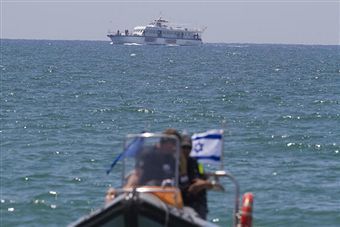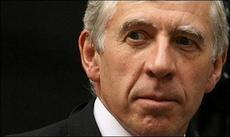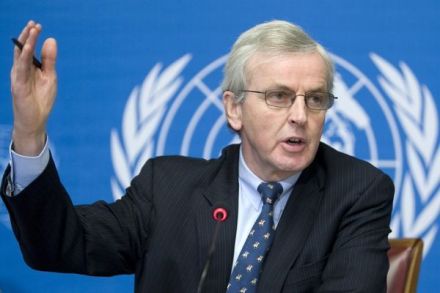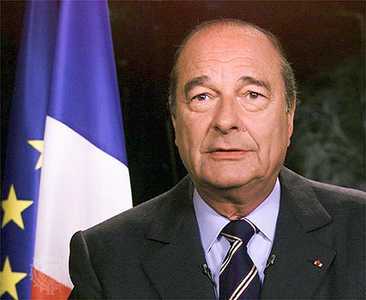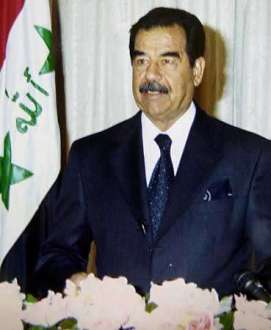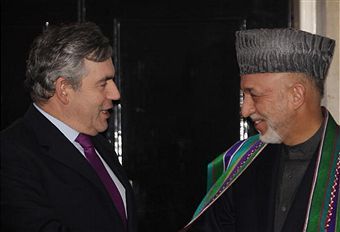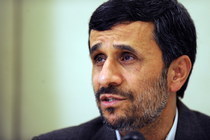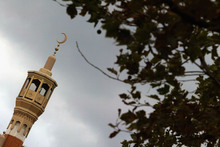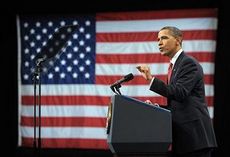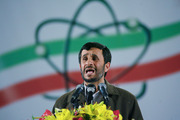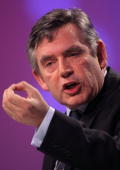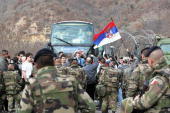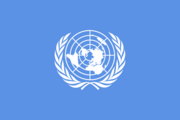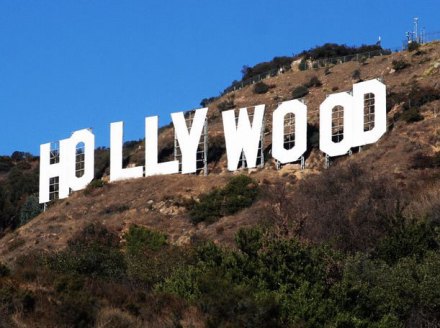A PR disaster for Israel
Prematurely, the world’s press has condemned Israel. As I wrote yesterday, the facts have to be established before Israel can be adjudged to have acted disproportionately. At the moment, the facts seem to support Israel. Video footage shows commandoes descending into a maelstrom of baseball bats and knives, armed with items that resemble paintball guns. The latest pictures released show a hoard of improvised explosives, machetes, bats, crowbars etc. Those sources’ veracity should be scrutinised, but there is nothing else to go on at the moment. Iain Martin has debunked Jon Snow’s absurd genuflection that this is our fault. Being British I apologise for everything, but not this time. Israel
